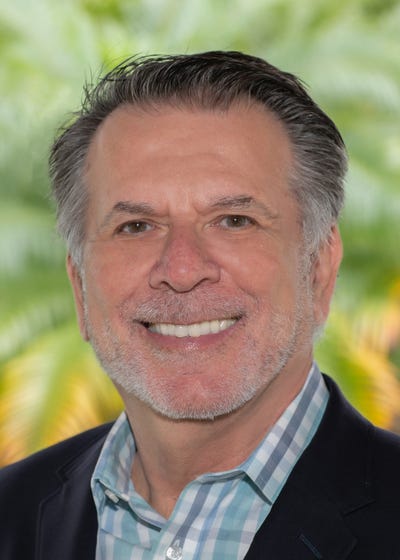The Increasing Importance of Retirement Plan Advisor Due DiligenceThe Increasing Importance of Retirement Plan Advisor Due Diligence
Lessons learned from the wave of record keeper RFPs.

Over 20 years ago, some of today’s top retirement plan advisors built their business on fiduciary principles while helping plan sponsors reduce record keeping fees. While it took some prodding to get plans to conduct record keeper RFPs because most claimed to be happy, the results have been much better service at a lower price point and fewer providers.
Record keepers initially complained and questioned the necessity of what they claimed to be an unnecessary time consuming exercise, but advisors were able to convince plan sponsors it would result in a much better plan for them and their employees at a lower cost and that it was their fiduciary duty to make ensure fees paid to vendors out of plan assets were reasonable. The wave of lawsuits focused on fees did not hurt either.
All of which is likely to happen for RPAs who have trained their clients well but also likely more slowly than with record keepers and investments for three reasons. First, there is no one pushing them to conduct advisor due diligence. Second, many plan sponsors are in a “relationship coma” thinking everything is fine uncomfortable with displacing someone they know. Third, they do not have the knowledge, resources or third party experts to conduct a meaningful RFP or due diligence.
As plan sponsors wake up, that is all about to change for good reason and to comply with the law, which will result in a much better plan for the organization, employees and internal administrator.
When you lack experience or have only had one advisor on your plan, many plan sponsors delusionally think their advisor is doing a good job. More plans are using qualified advisors while fees have organically declined as new ones generally charge less, but we have a long way to go. Even if the advisor is good, there is still the requirement to conduct due diligence.
But many plan advisors are not qualified and are not serving their clients well especially for plans that hired their advisor when they were smaller.
While advisor benchmarking is beneficial, quick and less costly, it can be very dangerous. First, they look backward, not at what an advisor is willing to charge in the future. Second, the results can be manipulated depending on the data set used. And third, maybe most importantly, if an advisor is conducting due diligence on themselves, the results will be biased—would any really good advisor let providers and asset managers benchmark themselves? Advisors can act as an objective fiduciary for other vendors but not themselves.
The advisor relationship is the most important for plan sponsors just as our doctor is for the health of our family, yet plan sponsors spend the least time finding and monitoring them. And while almost all RPAs, especially the good ones, would agree that plan sponsors should and are even obligated to conduct an independent due diligence, very few advocate for it to clients and prospects they think they can close without an RFP.
Even if advisor fees are not declining as fast as they had with less egregious situations, the reality is that plans mature so pricing for a $50 million plan that was once a $5 million plan should be different especially as we see more flat fees rather than asset based charges. Plan sponsors cannot expect their advisor to voluntarily lower prices as the plan grows just as record keepers did and do not.
And as more plans are looking for their RPAs to work with and help their employees, many current ones who focus on plan level services are not qualified. Some RPAs work with larger plans on participant services while the institutional investment consultant oversees plan level functions. This trend is bound to move down market but likely the new advisor will work with the plan and participants though at different price points.
RPA acquisitions will also increase movement not just because there might be a change in relationship, service and costs similar but different than when a record keeper sells, but because that senior advisor is likely to exit at some point after their payout while the best and brightest junior members may leave starting their own firms.
Advisors and providers cannot be expected to give away their services or unreasonably sacrifice. But those that focus on helping clients while charging a fair and reasonable fee will ultimately do better than self-centered, paranoid professionals. In other words, doing well by doing good.
And just like what happened with record keepers over 20 years ago, once this trend gains momentum as plan sponsors wake up, the really good RPAs will lean in and advocate for independent due diligence as they know they will win more than they lose, just like the surviving and thriving record keepers did and currently do.
Fred Barstein is founder and CEO of TRAU, TPSU and 401kTV.
About the Author
You May Also Like







